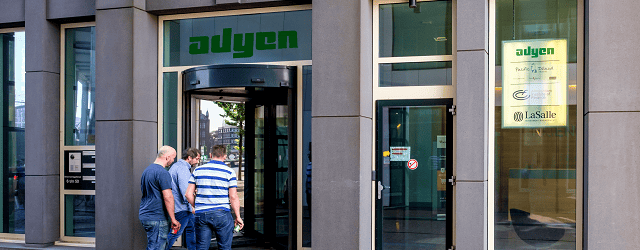Europe's biggest tech IPO in 2018 is a smashing success.

In Europe’s biggest tech IPO of the year, Netherlands-based payments start-up Adyen saw its share price double before settling at €431 and its market value soar to €12.7 billion in an offering that was oversubscribed multiple times.
With customers such as Netflix, Facebook, Spotify, Uber, Microsoft, LinkedIn and Sephora, Adyen is set to replace PayPal as eBay’s primary payments provider when PayPal’s arrangement with eBay expires in 2020. “It’s an exciting time for them and the industry,” states Andrew Doukanaris, CEO of Flotta Consulting.
Doukanaris says there are many things that make Adyen stand out from its peers, not least its incredible growth over the past few years: It boosted revenues by 54% to €1 billion in the latest quarter and recorded €71.3 million in net income in 2017. “Changes in regulatory and open-access rules have benefited them, along with their technology,” Doukanaris explains. “Unlike some of their more established competitors, Adyen’s model is based on modern cloud-based technology, making it easier, faster and more accessible for clients.”
The payments sphere has also witnessed significant online payments acquisitions, with credit-card processor Vantiv buying Worldpay, an American payment processing and technology provider, and PayPal buying iZettle, a fintech company for small businesses.
“This raises the stakes in the global expansion space,” says Doukanaris. “Adyen has developed more international acquiring opportunities for its clients, focusing on their speed-to-market advantage and Application Programming Interfaces. As things stand, Adyen could look to acquire some of its now smaller competitors, but my hunch is it will grow organically and continue to challenge some broken and outdated acquiring models.”
In an email to staff on the eve of the IPO, Adyen co-founder, president and CEO Pieter van der Does wrote: “All we will really do is welcome on board new shareholders and give existing external shareholders the flexibility that they are looking for. We could have pursued alternative means of offering this flexibility, such as a partial sale to a private equity shareholder, or a strategic sale of the company. We decided against that as we want to build the company for the long term. This path will allow us to do just that—as an independent company.”



